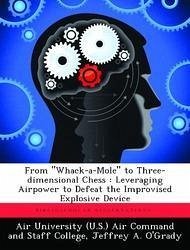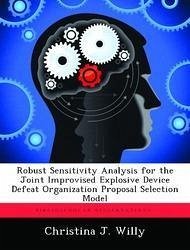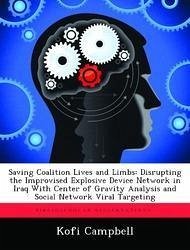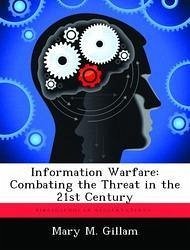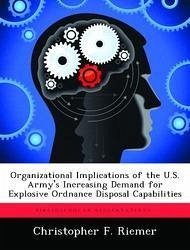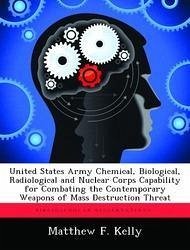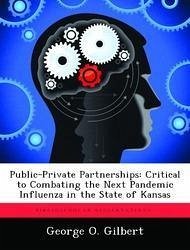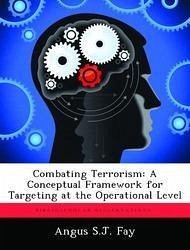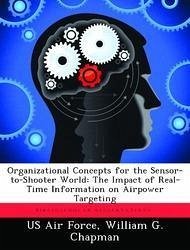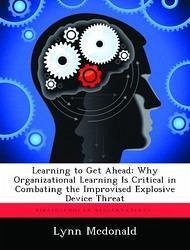
Learning to Get Ahead: Why Organizational Learning Is Critical in Combating the Improvised Explosive Device Threat
Versandkostenfrei!
Versandfertig in über 4 Wochen
54,99 €
inkl. MwSt.

PAYBACK Punkte
27 °P sammeln!
The Improvised Explosive Device (IED) threat has been termed the "grand challenge" by leading counter-terrorism organizations. What started as a nuisance has turned into a strategic threat. The US government is spending billions of dollars and thousands of man-hours to develop countermeasures and defeat technologies. Some countermeasures and technical solutions are quick; many are too slow to keep up with warfighter needs. The enemy, on the other hand, adapts quickly and develops weapons that are cheap and easy to build. The fundamental question driving this research is: how can an organizatio...
The Improvised Explosive Device (IED) threat has been termed the "grand challenge" by leading counter-terrorism organizations. What started as a nuisance has turned into a strategic threat. The US government is spending billions of dollars and thousands of man-hours to develop countermeasures and defeat technologies. Some countermeasures and technical solutions are quick; many are too slow to keep up with warfighter needs. The enemy, on the other hand, adapts quickly and develops weapons that are cheap and easy to build. The fundamental question driving this research is: how can an organization learn more effectively in order to become more flexible, adaptable, and innovative, while learning to make decisions faster and more proactively? This research will address the significance of learning at the operational and strategic levels, and the effect this learning has on the tactical level. Specifically, the research will draw on LTC John Nagl's "learning organization" concept as expressed in his work Learning to Eat Soup with a Knife: Counterinsurgency Lessons from Malaya and Vietnam. Additionally, this paper will draw on a historical example of the British experience with the IED threat in the Northern Ireland conflict. Finally, this research project will discuss how innovative intelligence analysis can help further drive down the decision timelines. Learning and innovative organizations are key to countering current and future asymmetric weapons threats.





